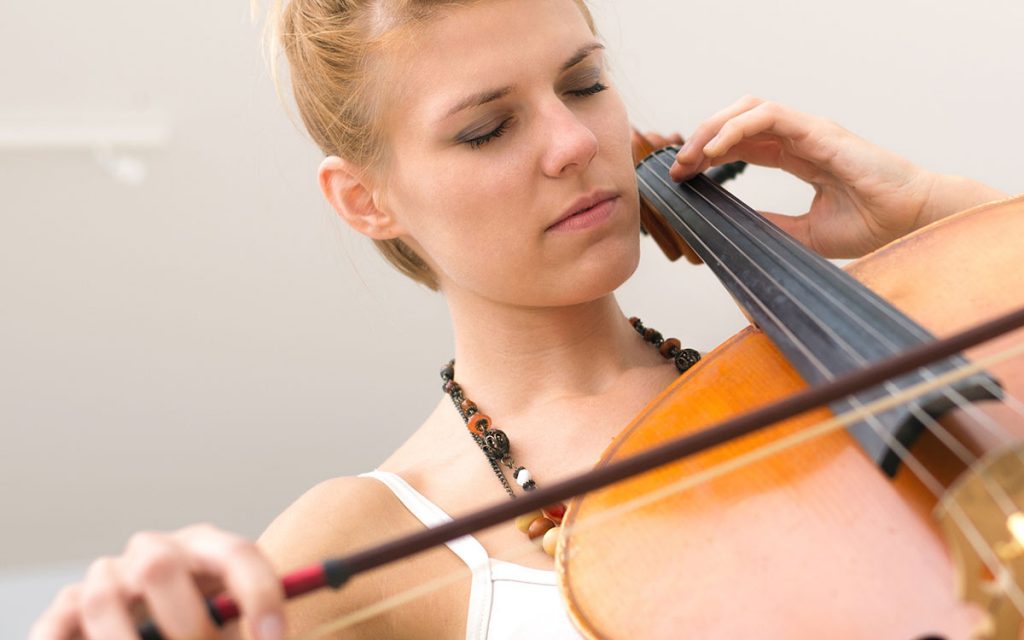The phrase “Music to my ears” could soon have an entirely different meaning to children suffering from hearing loss.
Researchers at the University of Helsinki and the University College London evaluated the effects of musical activities on hearing loss in children—and the results of the study illustrated the impact and benefit received by exposing people to music.
Measuring speech-in-noise performance
Speech-in-noise performance was the key measure researchers observed, enrolling 43 young children in a clinical study for 14 to 17 months. Of those enrolled, 21 children had cochlear implants, while the remaining 22 had normal hearing ability. Armed with the knowledge that the children with implants had difficulty understanding speech perception before the start of the study, researchers created control and test sets, assigning participants to a non-singing (control) and singing (test) group.
The results showed an impressive improvement in awareness and speech-in-noise performance for children in the singing group versus their counterparts in the non-singing group.
Music trains the ear
This study is just the latest in a long line of research efforts that demonstrate the merits of musical training to enhance cognitive ability and speech processing. A study from the Montréal Neurological Institute corroborated these findings and suggested that musical training can improve speech perception in noisy environments.
That study analyzed the brain activity of 30 participants—15 musicians and 15 non-musicians—challenging each to identify speech syllables through a variety of background noise levels.
Unlike the study out of Helsinki and London, Drs. Yi and Robert’s study looked at young adults whose ages averaged around 22-years-old. While participants weren’t necessarily hearing impaired, the difference in results among those who were musically trained and those who weren’t was substantial.
Musicians outperform non-musicians
The two groups performed equally under conditions with no noise, but the musicians would separate themselves as the study went on, outperforming non-musicians at all other signal-to-noise ratios. It’s likely that the ability to perform well on these tests was a result of enhancements to the left interior frontal and right auditory regions found within the brains of the musicians.
But the benefits of musical training found from Drs. Yi and Robert’s study don’t just end there. According to the study’s findings, musical training reinforced the participant’s auditory-motor network, refining and uniting the auditory system and speech motor system to improve hearing.
It’s important to note that while the musicians studied were adults, each of them began their musical education at a much younger age and accumulated at least ten years of musical training. This again supports the recent analysis that musical training can have a profound impact.
Beethoven’s bout with hearing loss
Some of the world’s most famous musicians and composers have suffered from hearing loss. Perhaps the most well-known deaf composer, Ludwig van Beethoven was born with the ability to hear, but that began to deteriorate while he was in his late 20s.
Though Beethoven’s early childhood musical education would be considered extreme by today’s standards, the foundation of the training may have been the conduit to prolonging his career as a composer. In fact, Beethoven actually spent the last decade of his life nearly completely deaf. Despite that, many of his most beloved works came during his last 15 years.



